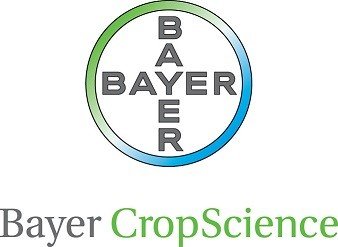It aims to optimizes the food value chain by leveraging data in new ways to increase efficiency and yields
TELUS announced the launch of TELUS Agriculture, a new business unit dedicated to providing innovative solutions to support the agriculture industry with connected technology. TELUS Agriculture optimizes the food value chain by leveraging data in new ways to increase efficiency, production, and yields, delivering better food outcomes for businesses and the end consumer. Connecting each piece of the agriculture value chain empowers farmers and ranchers, the agri-business industry, and agri-food, consumer goods and retail companies to leverage advanced data systems and artificial intelligence to streamline operations, improve food traceability, and provide consumers with fresher and healthier food. TELUS Agriculture currently supports more than 100 million acres of agricultural land, backed by a team of more than 1,200 experts across Canada, the USA, Mexico, Brazil, the United Kingdom, Slovakia, Armenia, Germany, China, and Australia.
“The launch of TELUS Agriculture reflects TELUS’ unwavering commitment to our social purpose to leverage our world-leading technology to create remarkable human and social outcomes as, together, we help to protect and improve the global food system,” said Darren Entwistle, President and CEO of TELUS.
Darren also added that by means of our technology innovation, artificial intelligence and human compassion, we will help farmers and ranchers produce food for the world’s ever-expanding population more efficiently, safely and in a more environmentally friendly manner. Our efforts to optimize food production will contribute to a better yield of food supply to meet the ever-growing requirements of our hungry planet. From farm to fork, by digitizing the entire value chain and linking these technologies together for the first time, we will facilitate a secure exchange of information to allow farmers and ranchers, agri-business organizations, the agri-food industry and the consumer to make smarter decisions. Importantly, we are striving to provide innovative solutions to advance the agriculture sector on a worldwide basis, whilst positioning Canada as a preferred global supplier of safe, sustainable food.
It aims to optimizes the food value














